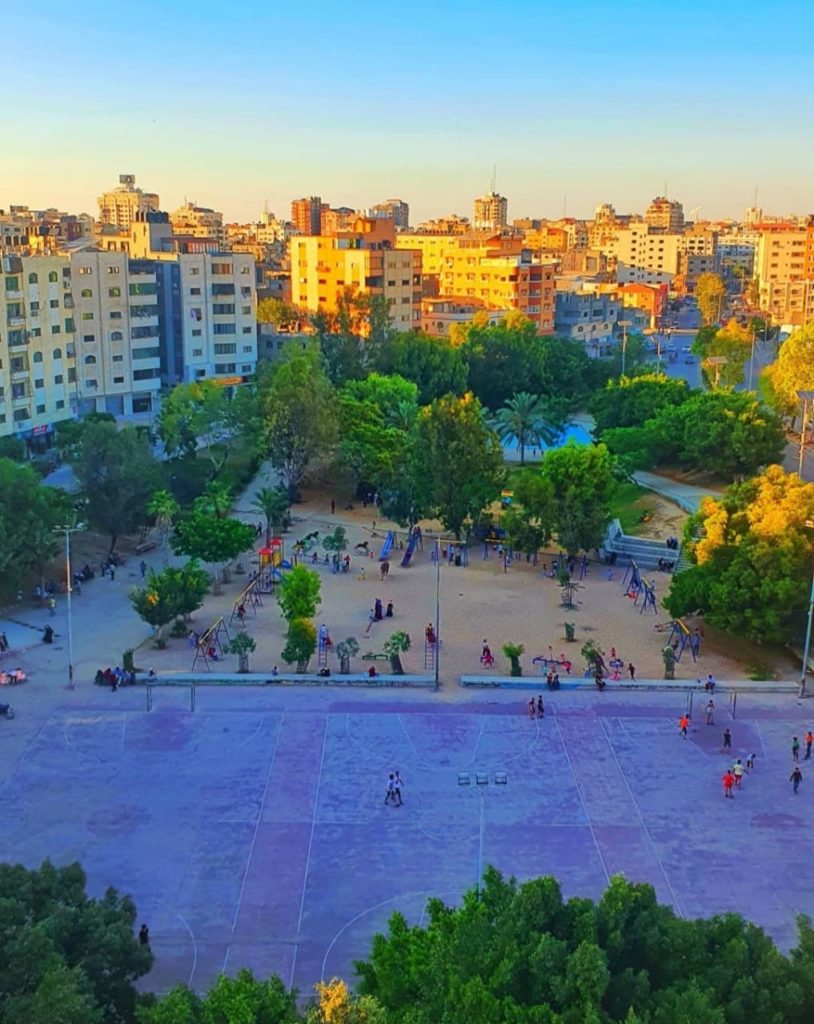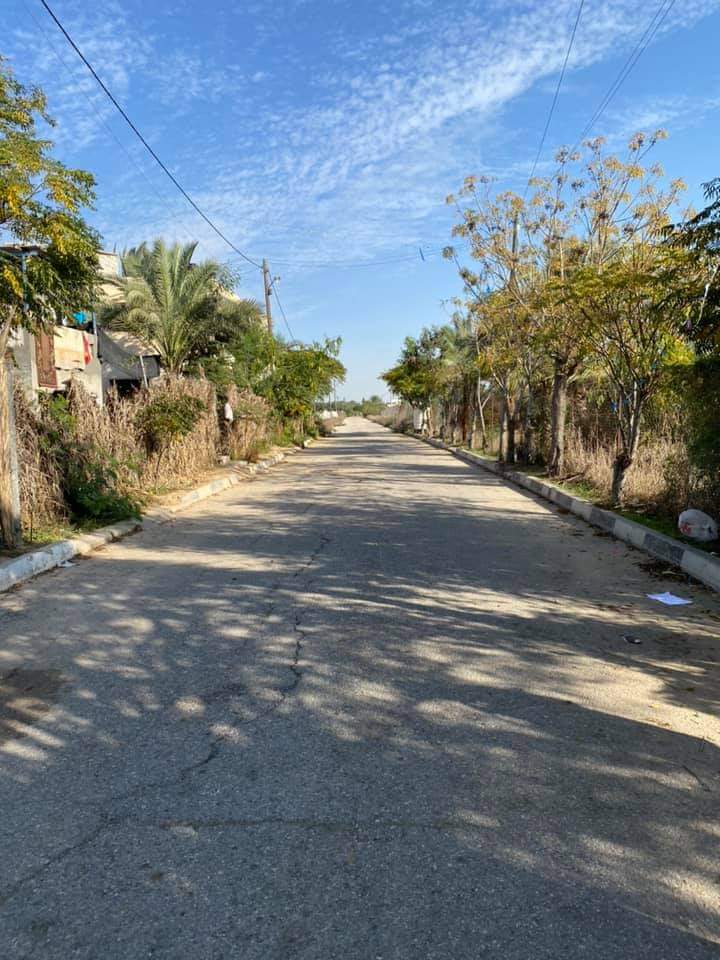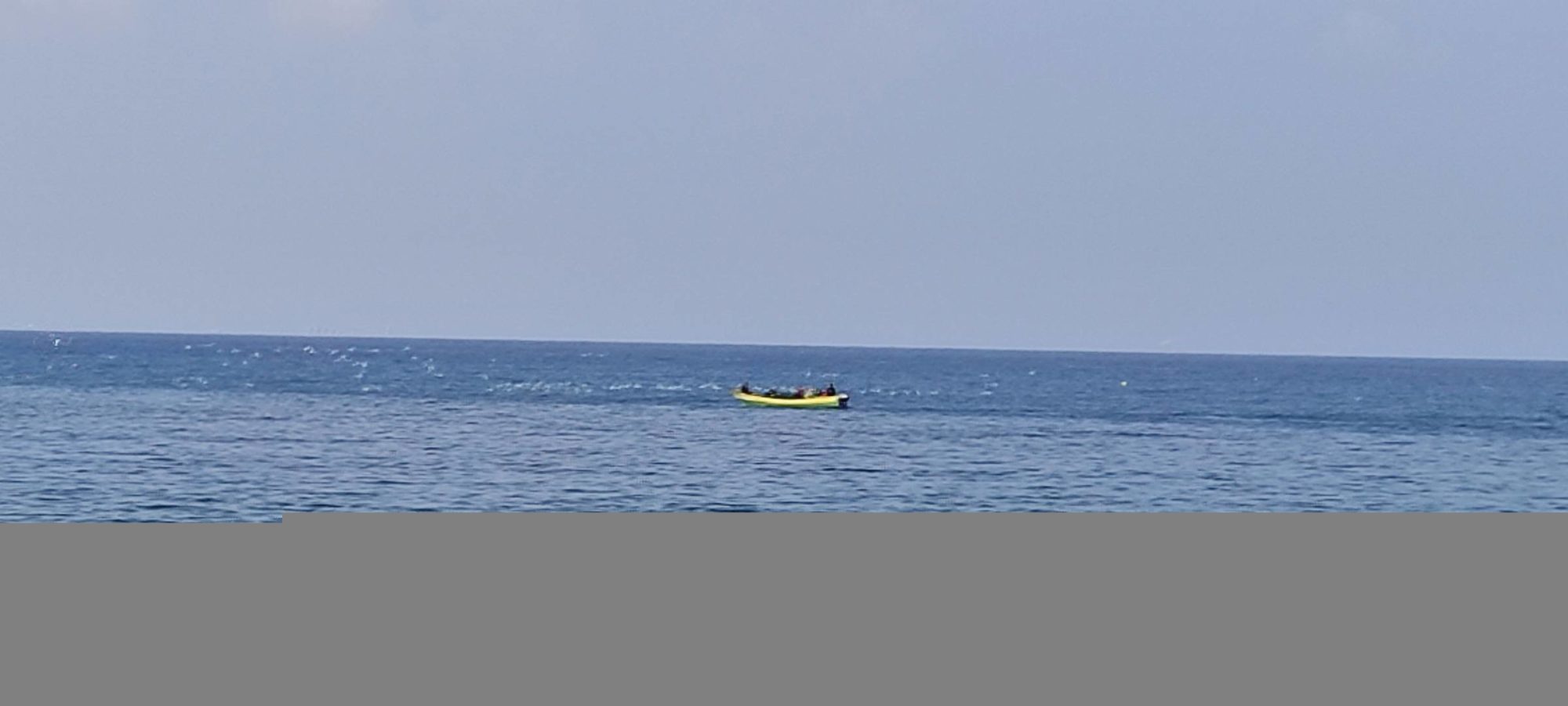The Gaza That Inhabits Me: My Vision for An Anthropology of Pain under the Siege

The view from my friend’s window. Image: The author
Our life in Gaza should not be perceived as a transient thing, nor should it be read like a bad news story. These days may be important one day, yet this does not mean that they are not important at the present time where the siege has necessarily separated us from normal contact with other people around the world. In a large world, we seem to be people who lag behind the wheel of time.
While I am writing my story, I imagine you, reader, as you read these words and run into your imagination, trying to imagine me addressing you: is it really a miracle? A silly human joke? Or an evil fate?!
No, my friend, it is a reality. I am writing these words from my small room in the besieged Gaza City, and you are that remote reader who may live in a different place with a different time zone. Perhaps you are having fun with your friends or hugging your beautiful girlfriend, and you are both astonished as you read my story together. I see the world via expensive electronic screens. This means that, like you, we may push the wheel of capitalism; we see the big struggles to make the world more luxurious and other ones that may make it more cruel, bloody, and miserable. Do you imagine that these struggles are like a daily meal of laughter for a person living in Gaza?
A friend of mine says that he has never talked to any foreigner in his life before. This is an abnormal, complex curse; it is a curse of consciousness and culture. Lack of diversity is also a siege. I always believe that the siege should not only be viewed as a military concept, i.e. where a few soldiers place red banners and a barbed-wire fence, raise weapons on borders, tighten control, prevent travel, and control the movement of people and goods. This stereotype may seem normal and traditional. Gaza has two million besieged people, each of whom is subjected to an inner, cruel, and harmful siege.
Gaza is not merely a city of neighborhoods, alleys, streets, and buildings. It is about stories of the living dead people in the 21st century – the people whose populations are growing rapidly, who chatter with seemingly dead hearts, cry in their hearts, console each other with their mouths and fight over a too limited livelihood. They discuss political issues out of a desire to get rid of the pain to bring a new one.
Gaza is a city that I have repeatedly tried not to describe on paper, yet it possesses me like a demon, an illusion, or a diseased imagination. I try to ease my isolation by defining the siege to you reader.

